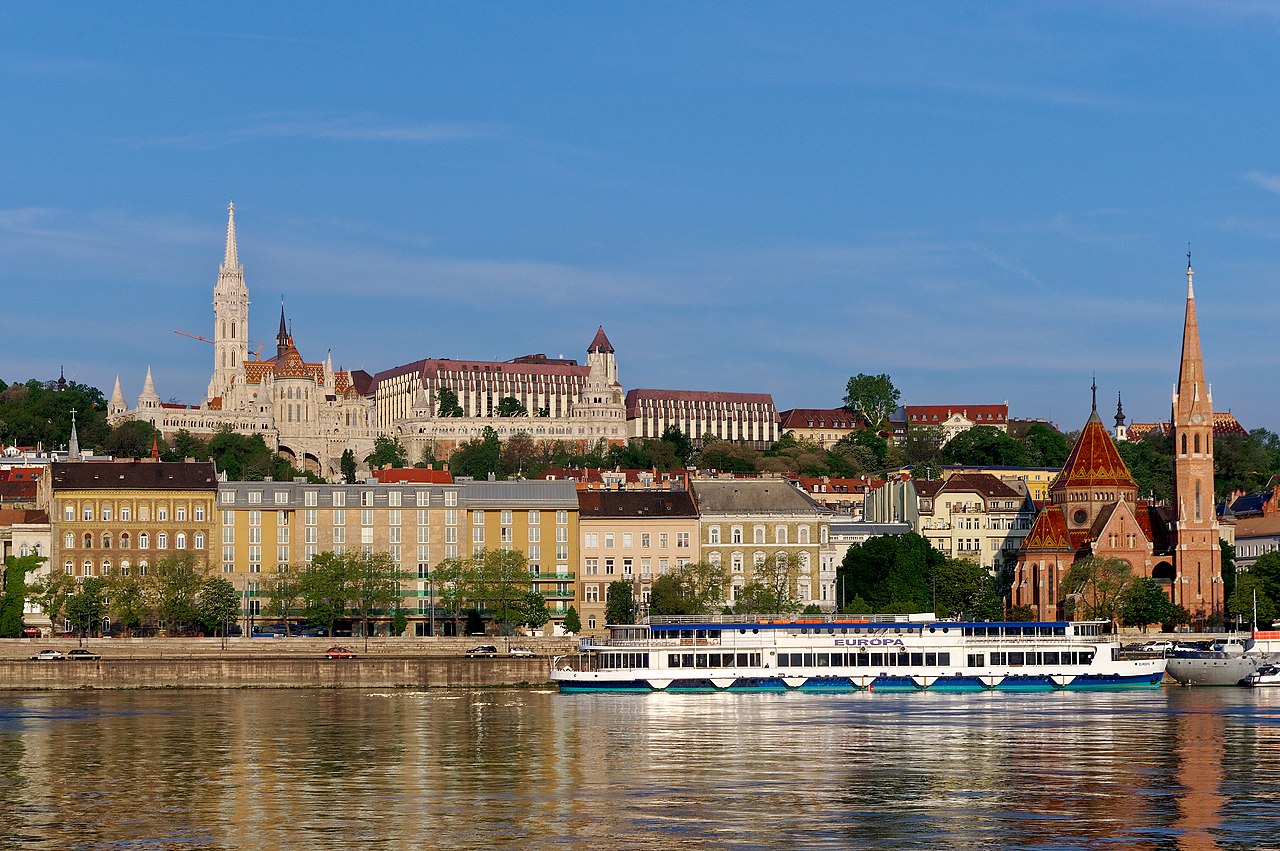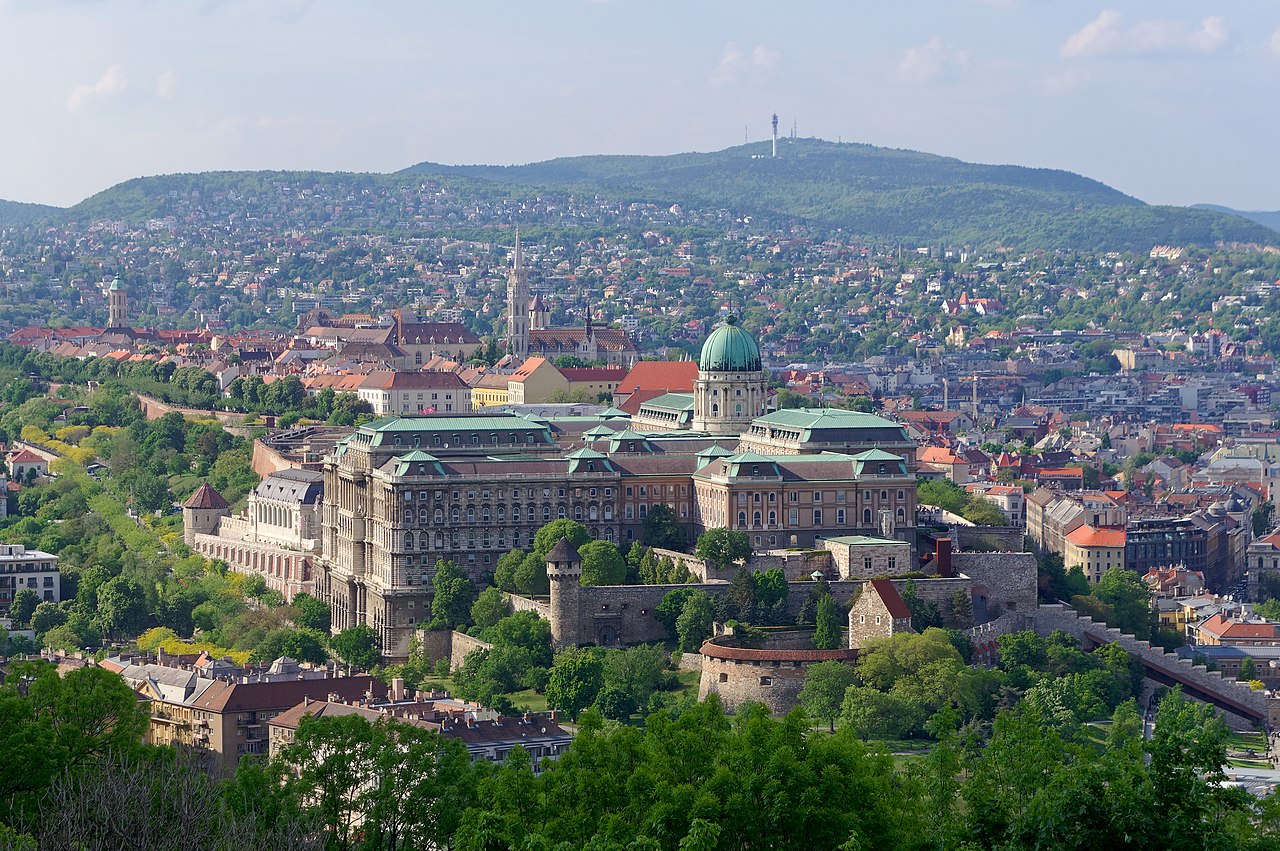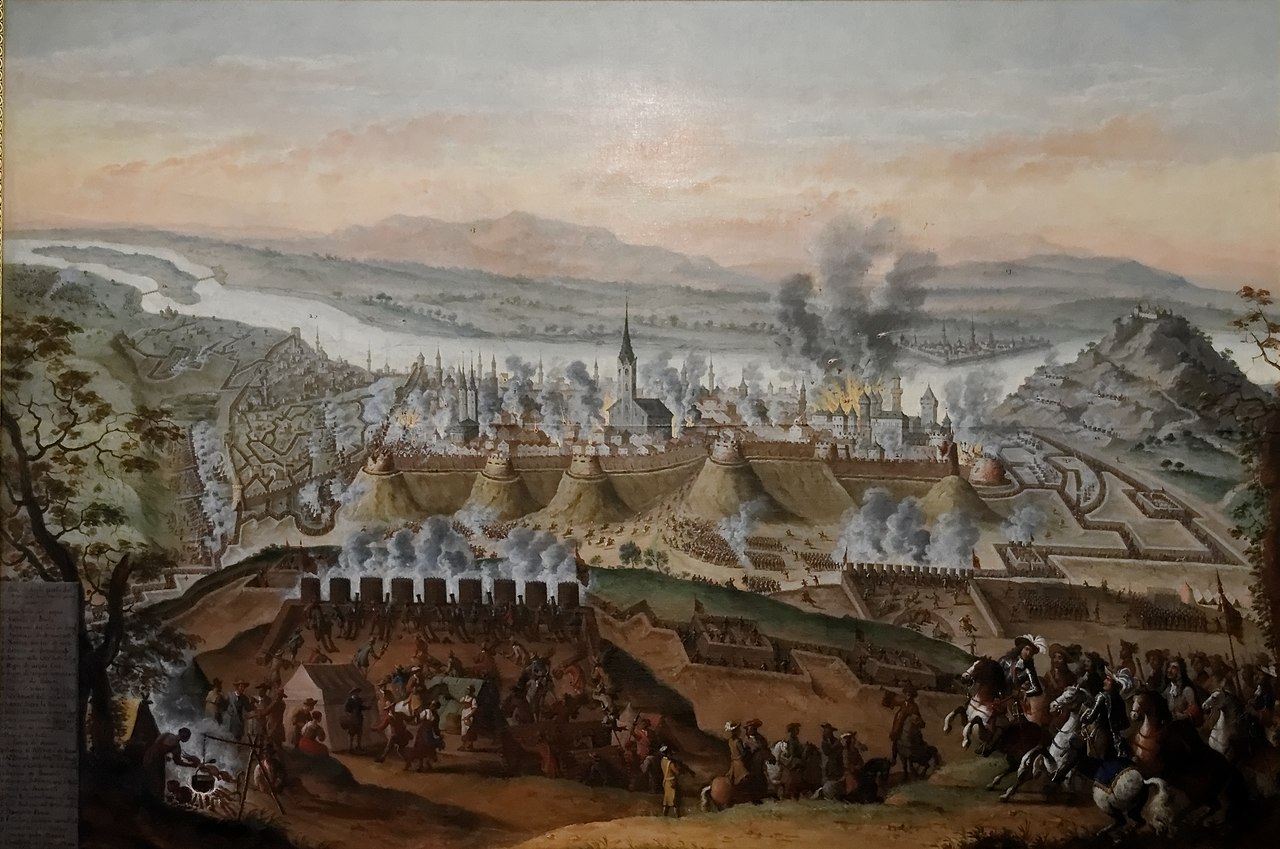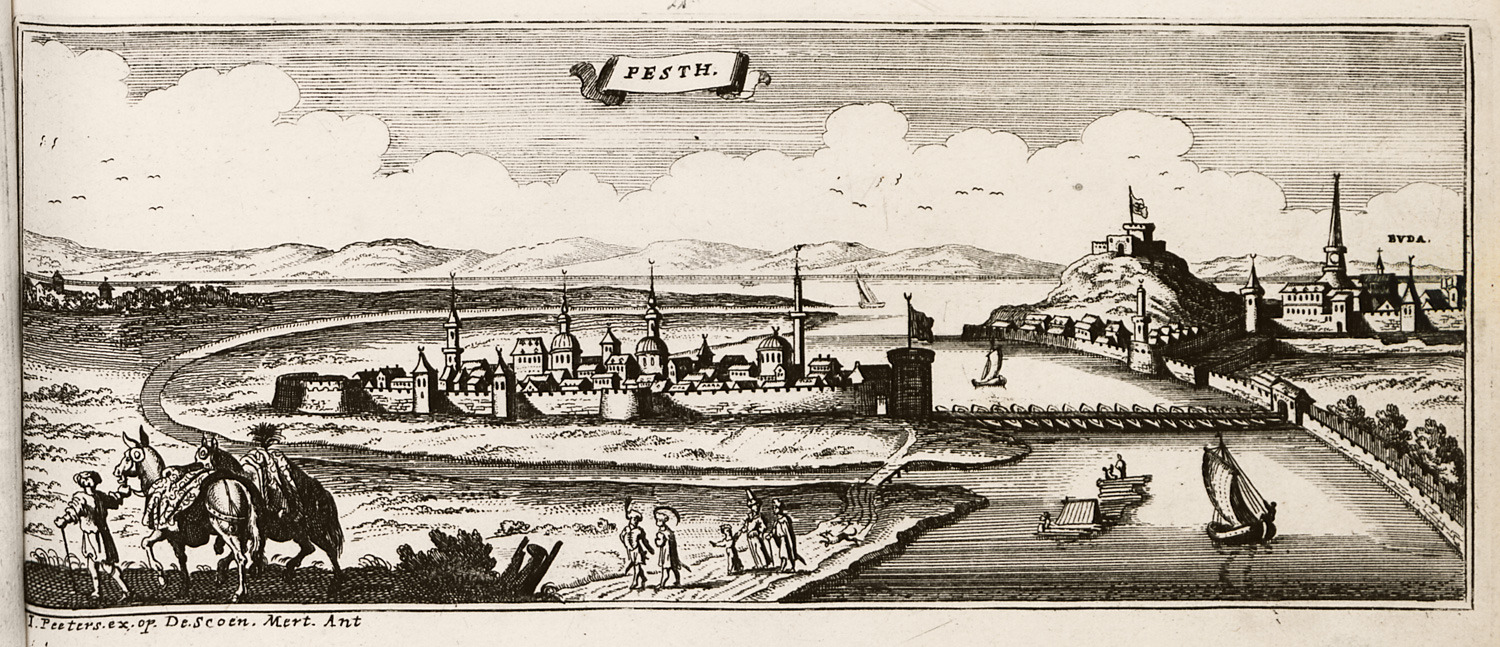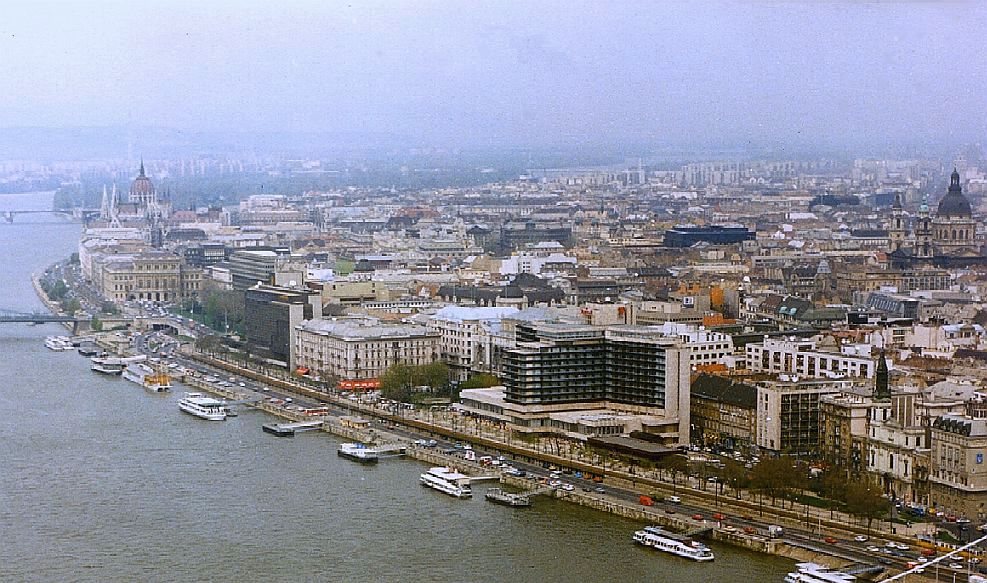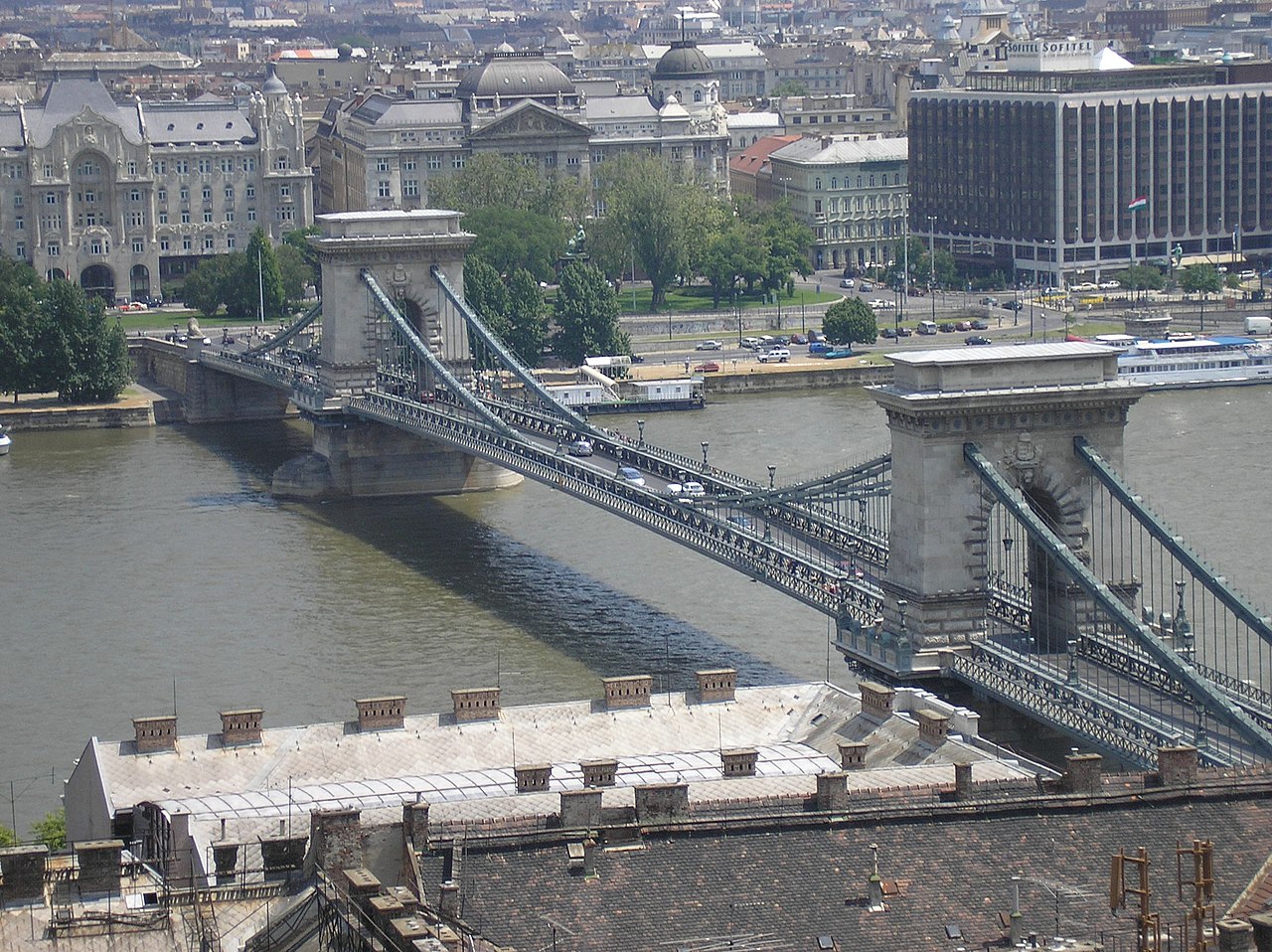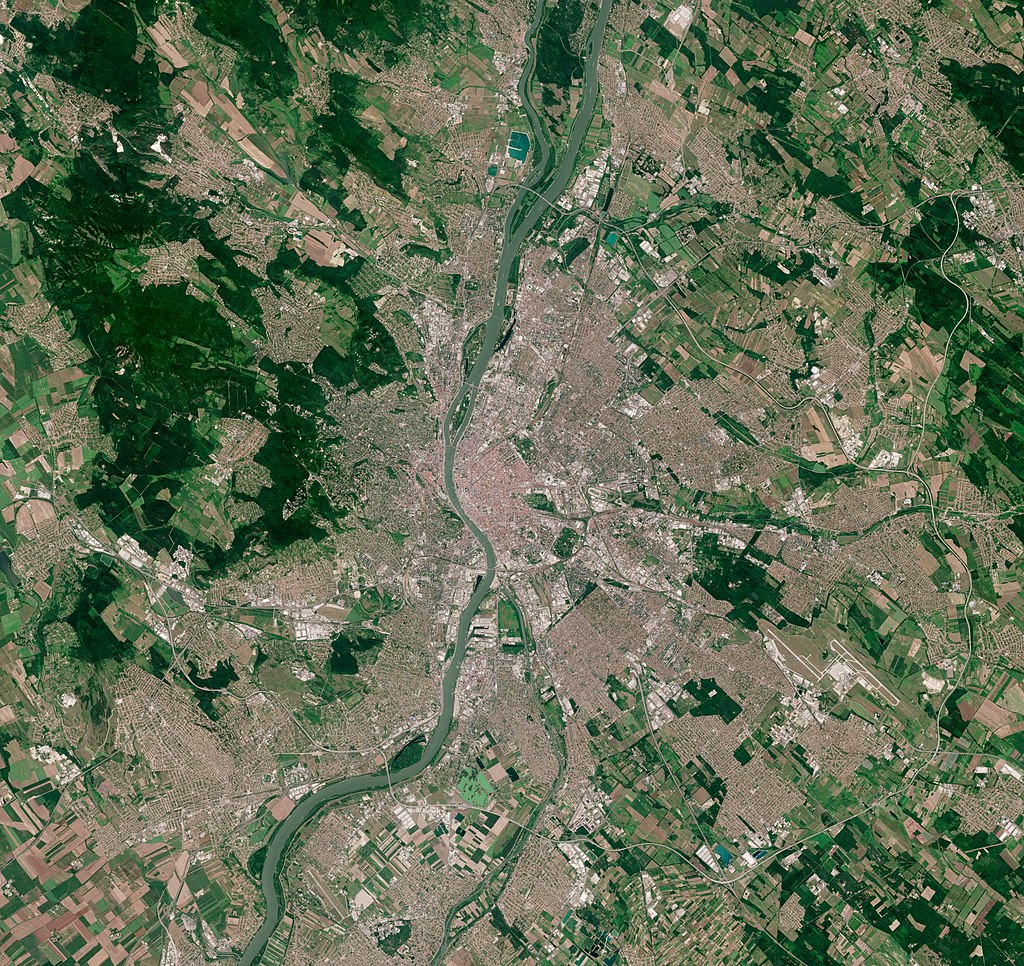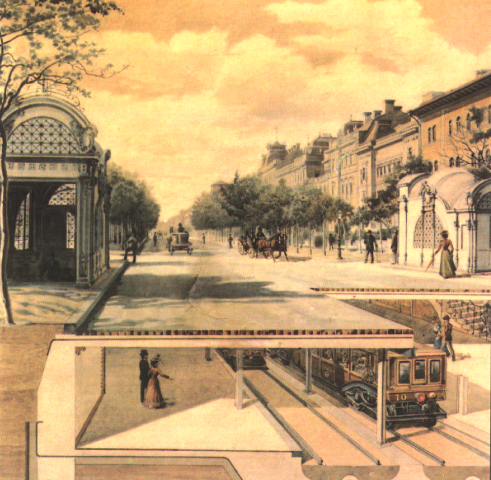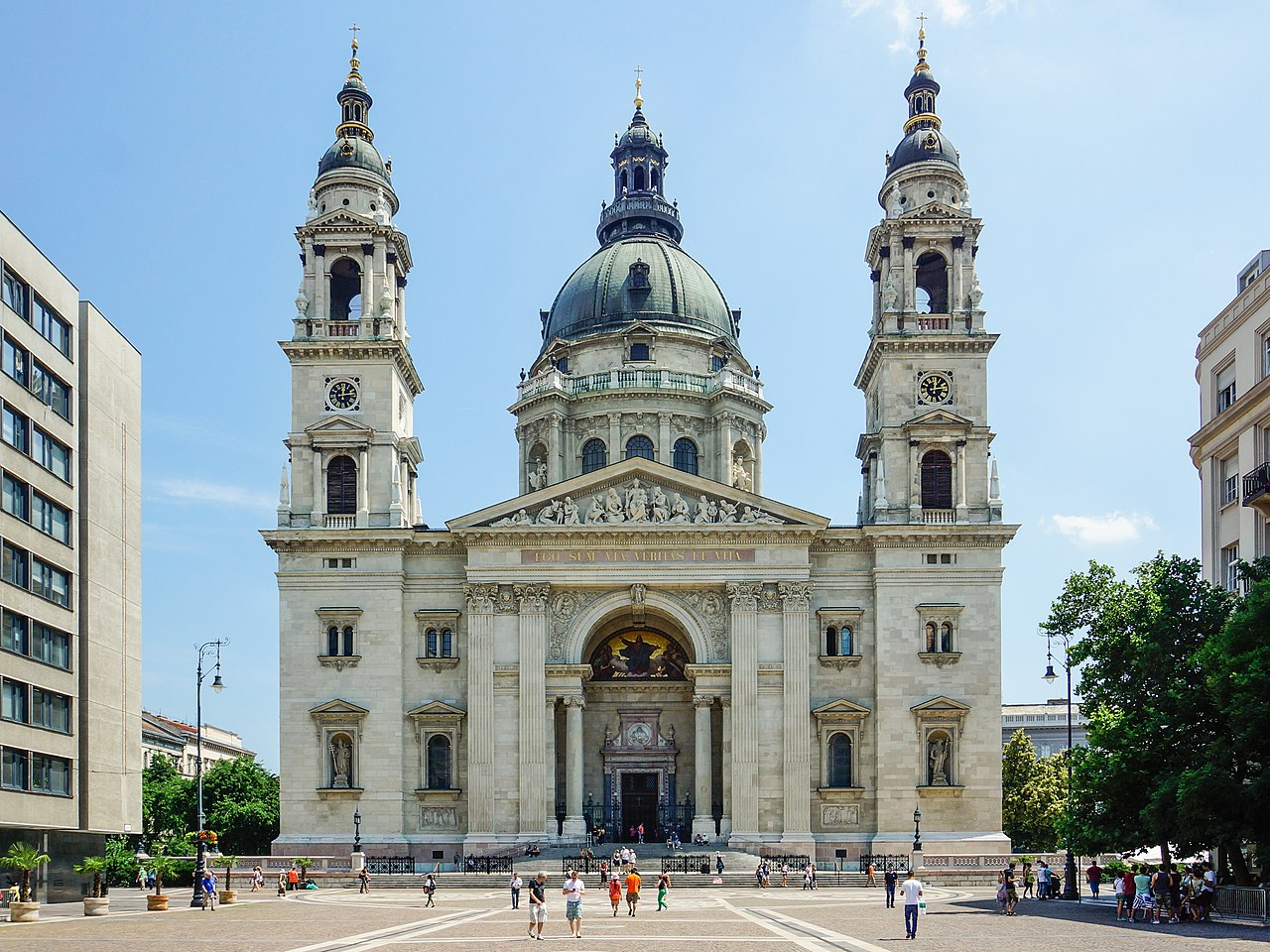
AsianOverland.net
Tour Guide - Itinerary
Asian Overland Sydney to London
Started 22/06/2022 Finished 21/06/2023365 Days ITINERARY
Day 272 date 20/03/2023WIEN, AUSTRIA to BUDAPEST, HUNGARY
ASIANOVERLAND.NET LONDON TO SYDNEY DAY 272: WIEN, AUSTRIA TO BUDAPEST, HUNGARY
The name "Buda" comes from the name of Bleda (Hungarian: Buda), brother of Hunnic ruler Attila.
Attila went in the city of Sicambria in Pannonia, where he killed Buda, his brother, and he threw his corpse into the Danube. For while Attila was in the west, his brother crossed the boundaries in his reign, because he named Sicambria after his own name Buda's Castle. And though King Attila forbade the Huns and the other peoples to call that city Buda's Castle, but he called it Attila's Capital, the Germans who were terrified by the prohibition named the city as Eccylburg, which means Attila Castle, however, the Hungarians did not care about the ban and call it Óbuda [Old Buda] and call it to this day.
Mark of Kalt: Chronicon Pictum[1]
The Hungarians arrived in the area of Buda in the late 9th century, but the area was pillaged by the Mongols in 1241–42 after they had plundered Russia.
Buda was the historic capital of the Kingdom of Hungary and since 1873 has been the western part of the Hungarian capital Budapest, on the west bank of the Danube.
During the Middle Ages, Pest was an independent city separate from Buda, and became an important economic centre during the 11th–13th centuries.
Like Buda, Pest was also destroyed in the 1241 Mongol invasion of Hungary, but was rebuilt shortly thereafter.
Demographically, in the 15th century Pest on the east bank of the Danube was mostly Hungarian, while Buda on the west bank had a German-majority population.
Re-established Buda became one of the centres of Renaissance humanist culture by the 15th century. Ottoman victory in the Battle of Mohács, in 1526, was followed by nearly 150 years of Ottoman rule.
The Danube Swabians (German: Donauschwaben) is a collective term for the ethnic German-speaking population who lived in various countries of central-eastern Europe, especially in the Danube River valley (the Pannonian plain), in the 12th century, and in greater numbers in the 17th and 18th centuries.
In the 12th century, German merchants and miners settled in the Kingdom of Hungary at the invitation of the Hungarian monarchy. Although there were significant colonies of Carpathian Germans in the Spiš mountains and Transylvanian Saxons in Transylvania, German settlement throughout the rest of the kingdom had not been extensive until the 12th century.
After the Ottoman Turks were gradually forced back after their defeat in the Battle of Vienna in 1683, settlement of German Danube Swabians was encouraged by military officers and nobility, whose lands had been devastated during the wars with the Ottomans. The Habsburgs ruling Austria and Hungary resettled the Danube valley with Germanic settlers, who were all referred as Swabians by the Croats, Serbs, Hungarians, Russians and Romanians, because the majority of the first settlers were Swabians.
Many Germans settled around the capital city, Buda (Ofen), now part of Budapest. The area of heaviest German colonization was in Swabian Turkey (Schwäbische Türkei), a triangular region between the Danube River, Lake Balaton, and the Drava (Drau) River. They were able to keep their German language and religion and developed strongly German communities in the region with German folklore.
Most of the immigrants boarded boats in Ulm, Swabia, and travelled to their new destinations down the Danube River in boats. The total number of German settlers who emigrated from different parts of Germany to Hungary between 1686 and 1829 is 150,000.
After the reconquest of Buda in 1686, the Danube valley entered a new age of prosperity, with Pest-Buda becoming a global city after the unification of Buda and Pest on 17 November 1873, with the name 'Budapest' given to the new capital.
Budapest also became, with Vienna, the co-capital of the Austro-Hungarian Empire, a great power that dissolved in 1918 after defeat in World War I.
© This work is copyright. Apart from any use permitted under the Copyright Act 1968, no part may be reproduced by any process, nor may any other exclusive right be exercised, without the permission of Peter Searle, peter@portseavillageresort.com; 1980-2024.
Website built by Justin O’Dea www.webdeveloperdocklands.com.au
